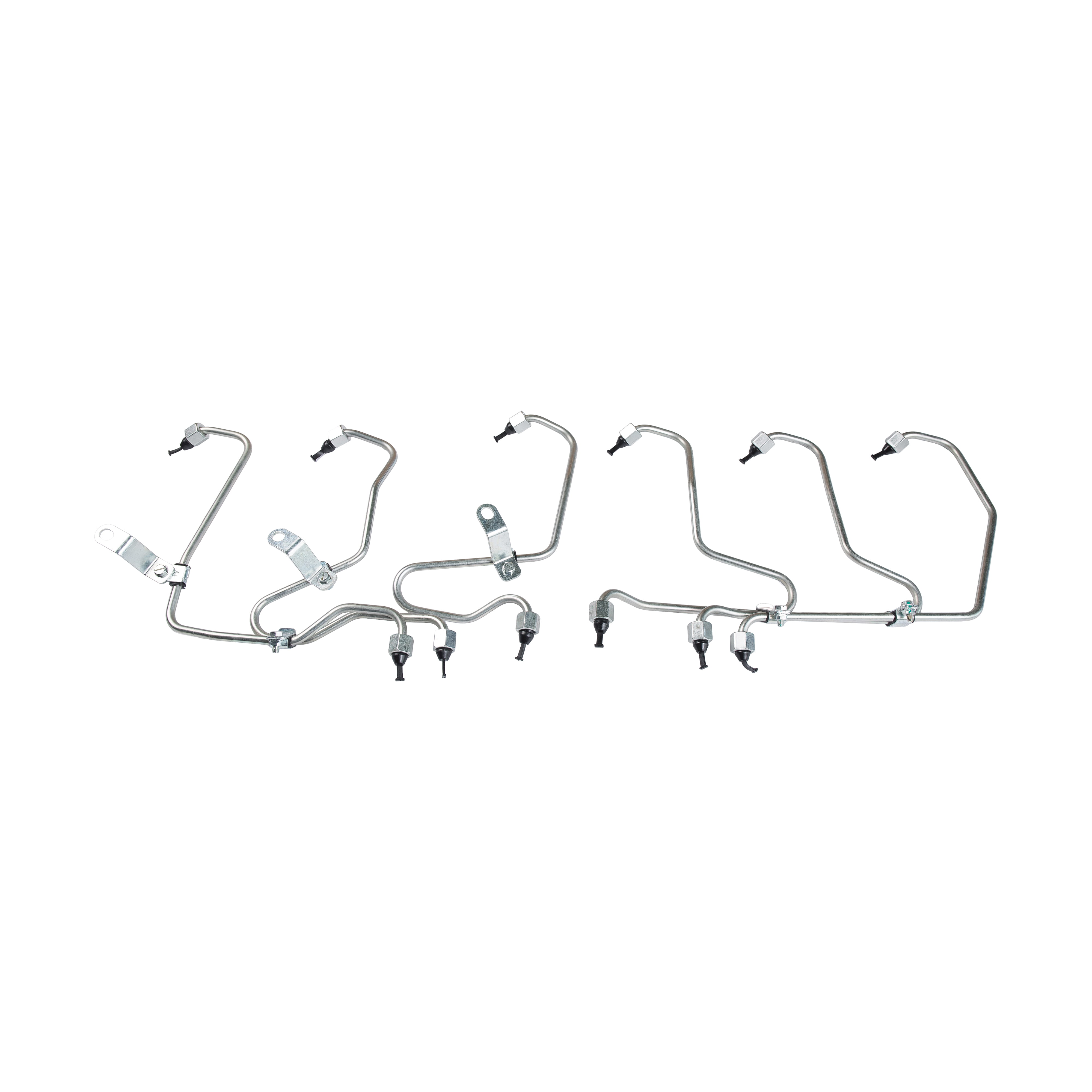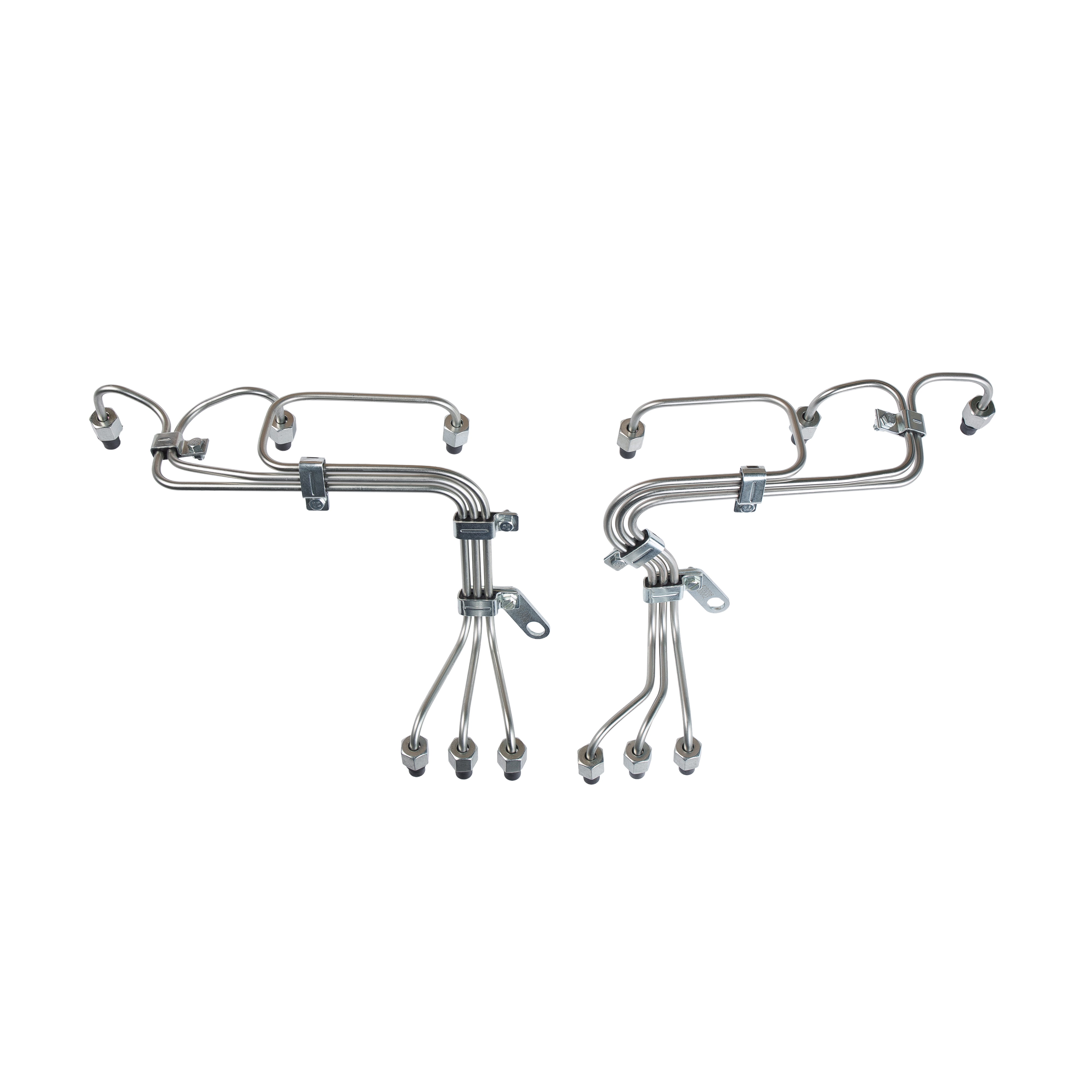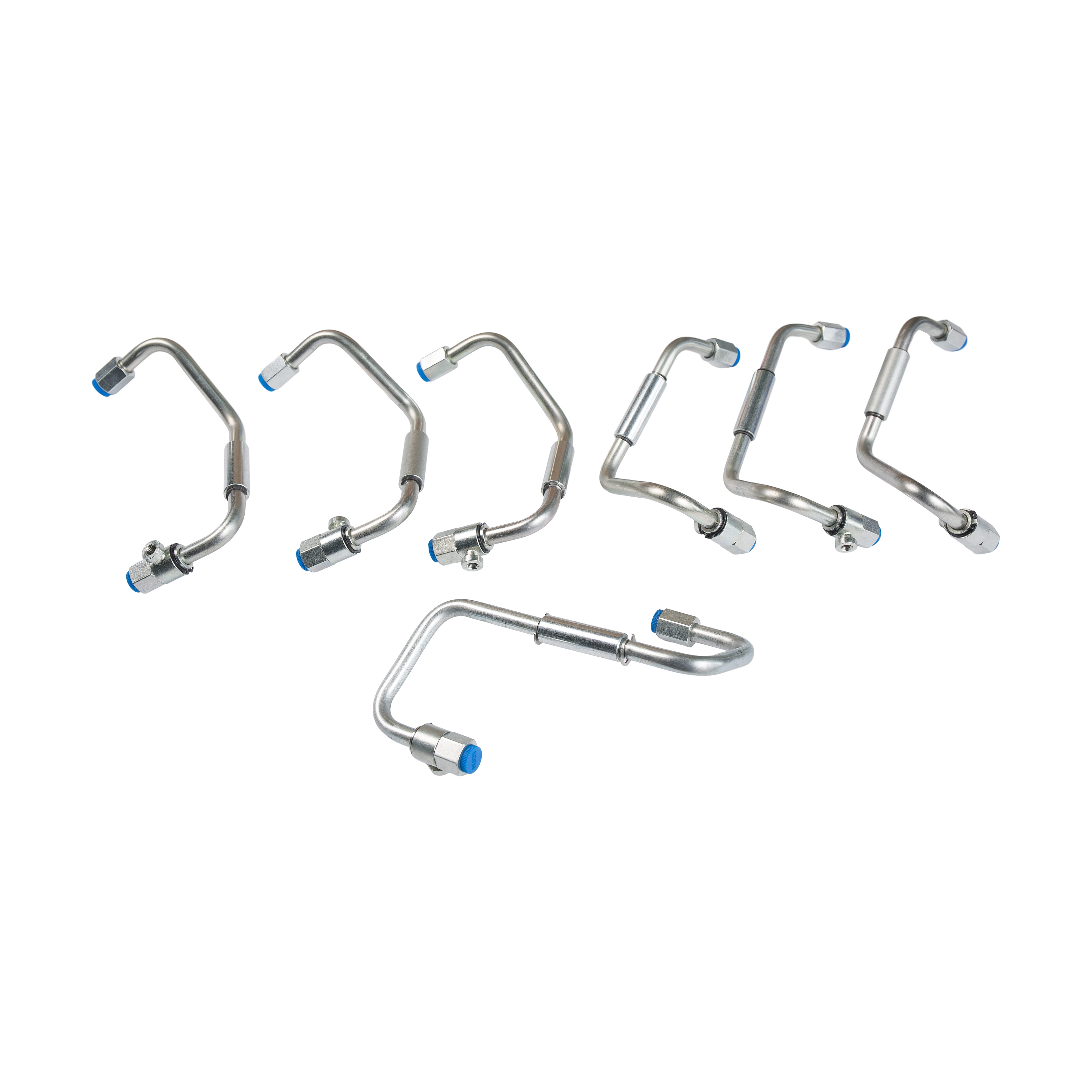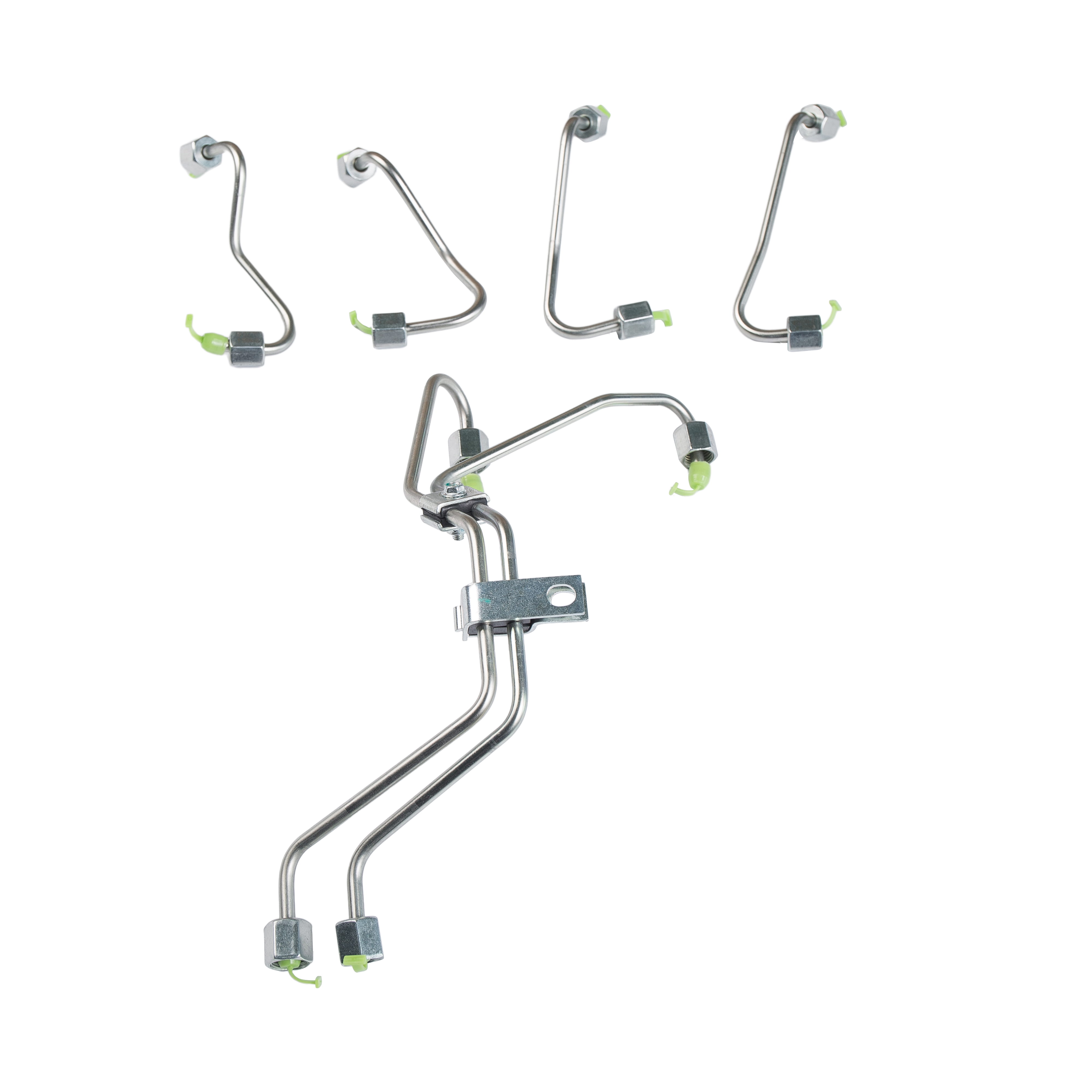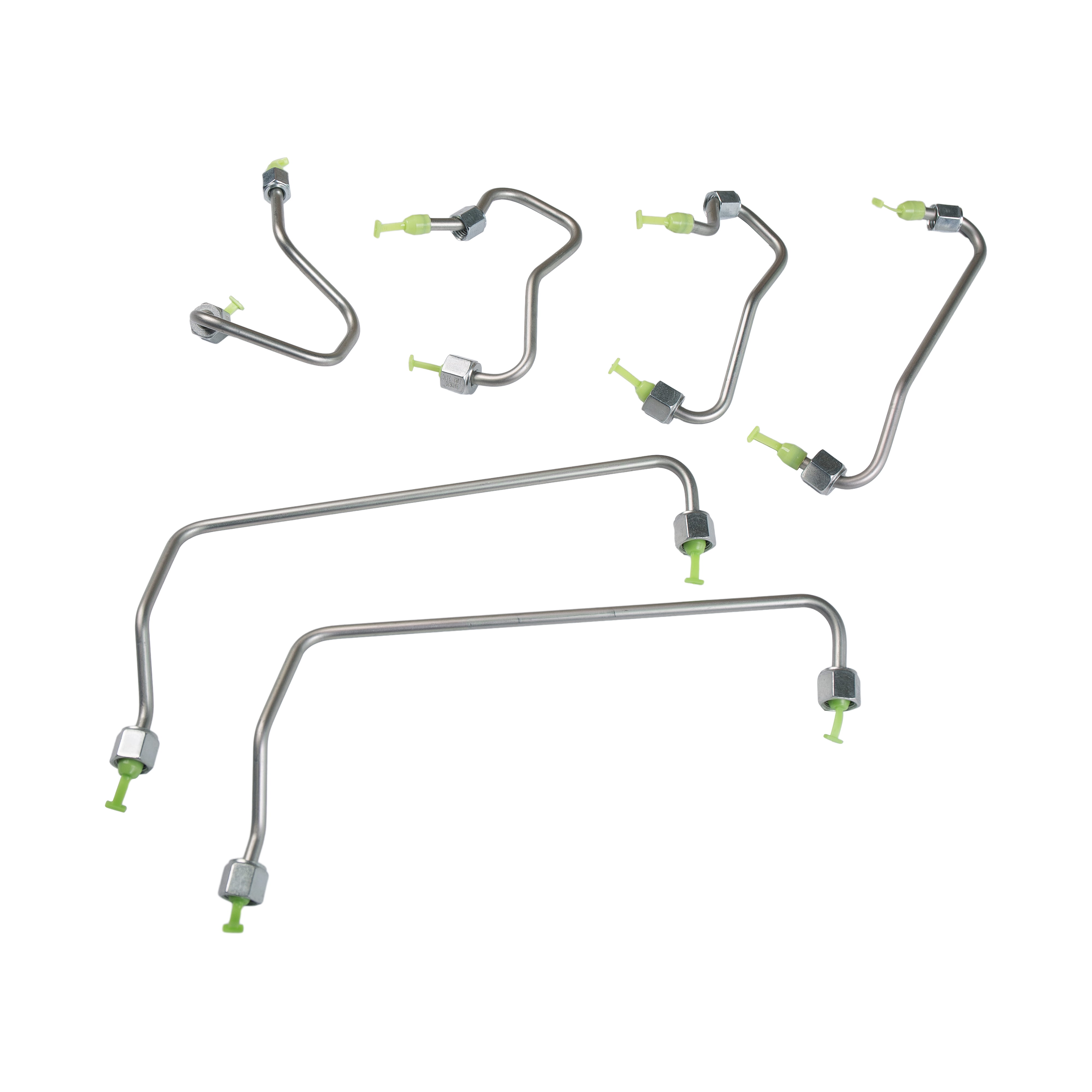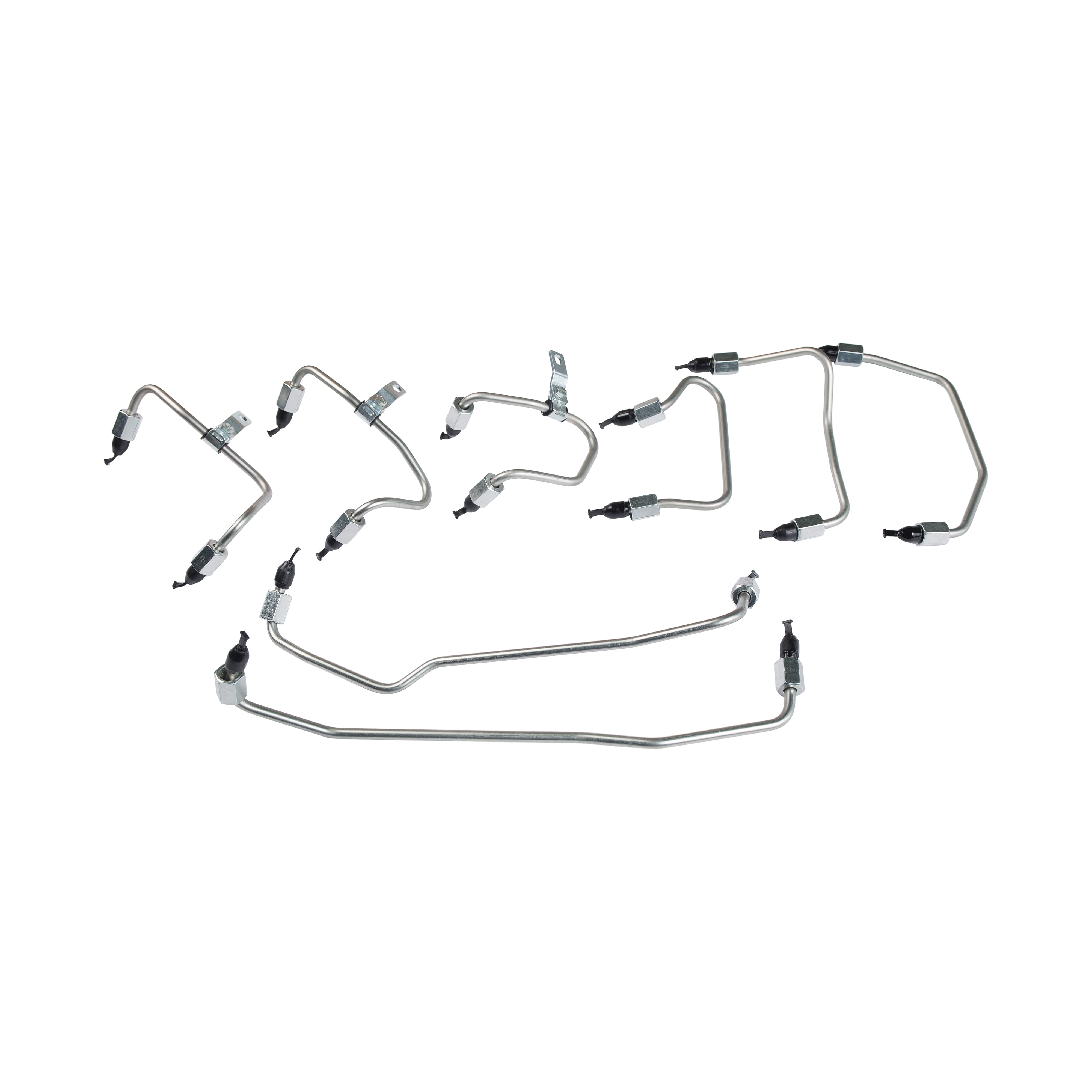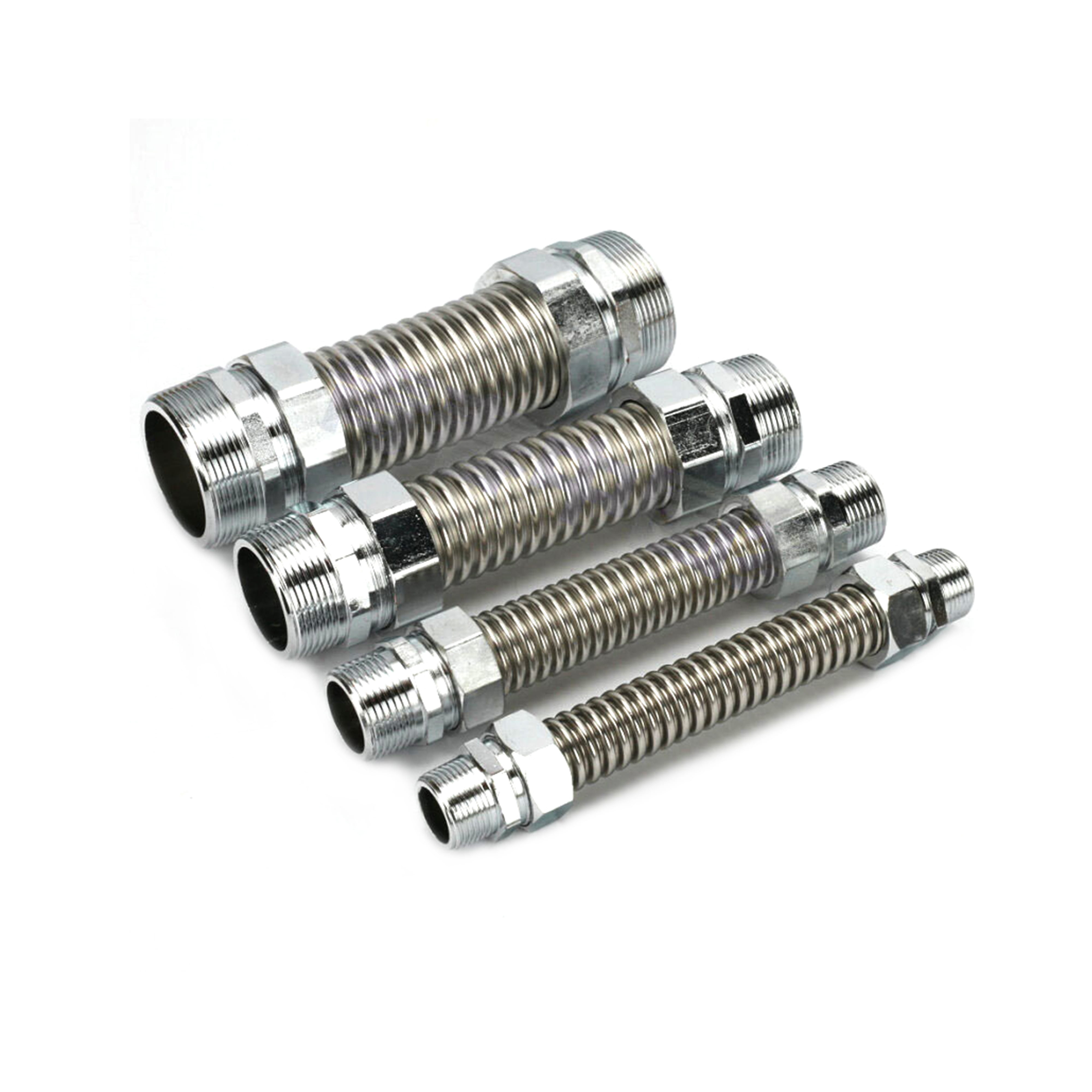Low-pressure PTFE (Polytetrafluoroethylene) engine oil pipes are widely recognized for their exceptional chemical resistance, high-temperature tolerance, and low friction properties. While they are commonly associated with automotive and high-performance engines, their unique characteristics also make them a strong candidate for industrial machinery applications. Understanding their properties, advantages, and potential industrial uses is essential for engineers and maintenance professionals.
1. Material Properties and Advantages
PTFE is a thermoplastic fluoropolymer renowned for its non-reactivity, low coefficient of friction, and stability under extreme temperatures. When used in low-pressure oil pipes, PTFE provides several benefits:
- Chemical resistance: PTFE resists almost all chemicals, including engine oils, hydraulic fluids, coolants, and many industrial lubricants. This ensures that the pipe will not degrade or react adversely with the fluids it transports.
- High-temperature tolerance: PTFE can operate reliably over a wide temperature range, typically from -200°C to +260°C, which is essential for machinery operating in fluctuating thermal environments.
- Low friction and smooth flow: The smooth inner surface of PTFE pipes reduces pressure loss and wear, ensuring consistent oil flow and efficient lubrication.
These properties make PTFE pipes suitable for industrial applications where reliable oil transport, chemical resistance, and temperature stability are critical.
2. Durability and Mechanical Strength
Low-pressure PTFE oil pipes, when reinforced with materials like braided stainless steel or fabric, gain enhanced mechanical strength and pressure resistance. For industrial machinery:
- Abrasion resistance: Reinforced PTFE pipes can withstand contact with machinery components, reducing the risk of damage.
- Flexibility and vibration absorption: PTFE pipes can bend and flex, absorbing vibrations from industrial equipment, preventing leaks or rupture.
- Corrosion resistance: PTFE does not rust or corrode, unlike metal pipes, making it suitable for humid or chemically aggressive environments often found in industrial settings.
The combination of flexibility and durability ensures long-term reliability in machinery lubrication systems.
3. Compatibility with Industrial Fluids
Industrial machinery often uses a wide range of lubricants, hydraulic oils, and specialty fluids, some of which are aggressive toward traditional rubber or metal hoses. PTFE oil pipes excel in these scenarios because:
- They are impervious to most chemicals, preventing degradation and contamination.
- The smooth inner surface minimizes fluid turbulence and pressure drops, ensuring efficient operation.
- They are compatible with both mineral-based and synthetic oils, providing versatility for diverse machinery applications.
This compatibility makes PTFE pipes a practical solution for hydraulic systems, lubrication circuits, and low-pressure oil transfer lines in industrial equipment.
4. Applications in Industrial Machinery
Low-pressure PTFE engine oil pipes can be effectively used in multiple industrial applications, including:
- Hydraulic systems: For transferring hydraulic oil in low-pressure lines, PTFE pipes resist chemical breakdown and maintain smooth fluid flow.
- Lubrication circuits: Machinery with centralized lubrication systems can benefit from PTFE pipes due to their reliability and long service life.
- Chemical and food processing machinery: PTFE’s chemical inertness allows it to carry oils and lubricants safely, even in environments where contamination or chemical reaction must be avoided.
- Rotating and vibrating machinery: Flexible PTFE pipes can withstand mechanical vibrations and slight movements without leaking or cracking.
By providing chemical resistance, flexibility, and long-term durability, PTFE pipes improve the safety and efficiency of industrial machinery operations.
5. Maintenance and Longevity
PTFE oil pipes require minimal maintenance compared to traditional rubber or metal hoses. Their resistance to corrosion, chemical attack, and temperature fluctuations means fewer replacements and reduced downtime. Industrial plants can thus:
- Reduce maintenance costs.
- Minimize unexpected machinery failures due to oil line degradation.
- Ensure consistent lubrication, enhancing machine performance and lifespan.
These advantages are particularly important in industries where continuous operation and reliability are critical.
6. Considerations and Limitations
While low-pressure PTFE oil pipes are highly versatile, there are some considerations:
- Pressure limits: These pipes are designed for low-pressure systems and may not be suitable for high-pressure hydraulic circuits without proper reinforcement.
- Cost: PTFE pipes are typically more expensive than conventional rubber hoses, though their longevity and reliability often offset the initial investment.
- Installation care: PTFE is flexible but can be punctured if improperly handled during installation, so proper fittings and careful routing are necessary.
By addressing these factors, PTFE pipes can be safely integrated into industrial machinery systems.
Conclusion
Low-pressure PTFE engine oil pipes are highly suitable for industrial machinery applications due to their chemical resistance, temperature stability, durability, and low-friction properties. They can be used in hydraulic systems, lubrication circuits, chemical processing equipment, and vibrating machinery, providing reliable oil transport and reducing maintenance requirements.
By leveraging the unique advantages of PTFE, industrial operations can achieve efficient, safe, and long-lasting lubrication systems, making low-pressure PTFE oil pipes a practical and valuable component in modern machinery.
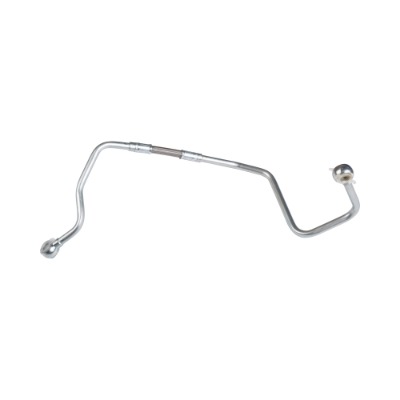

 English
English Español
Español русский
русский